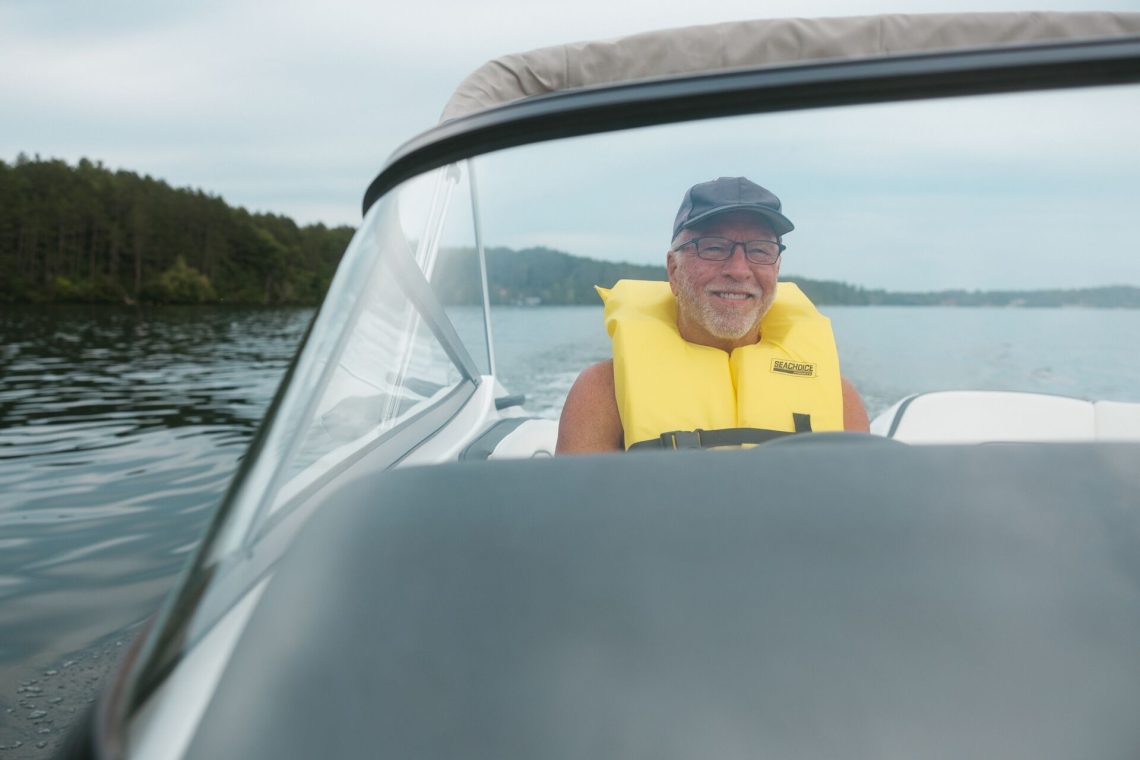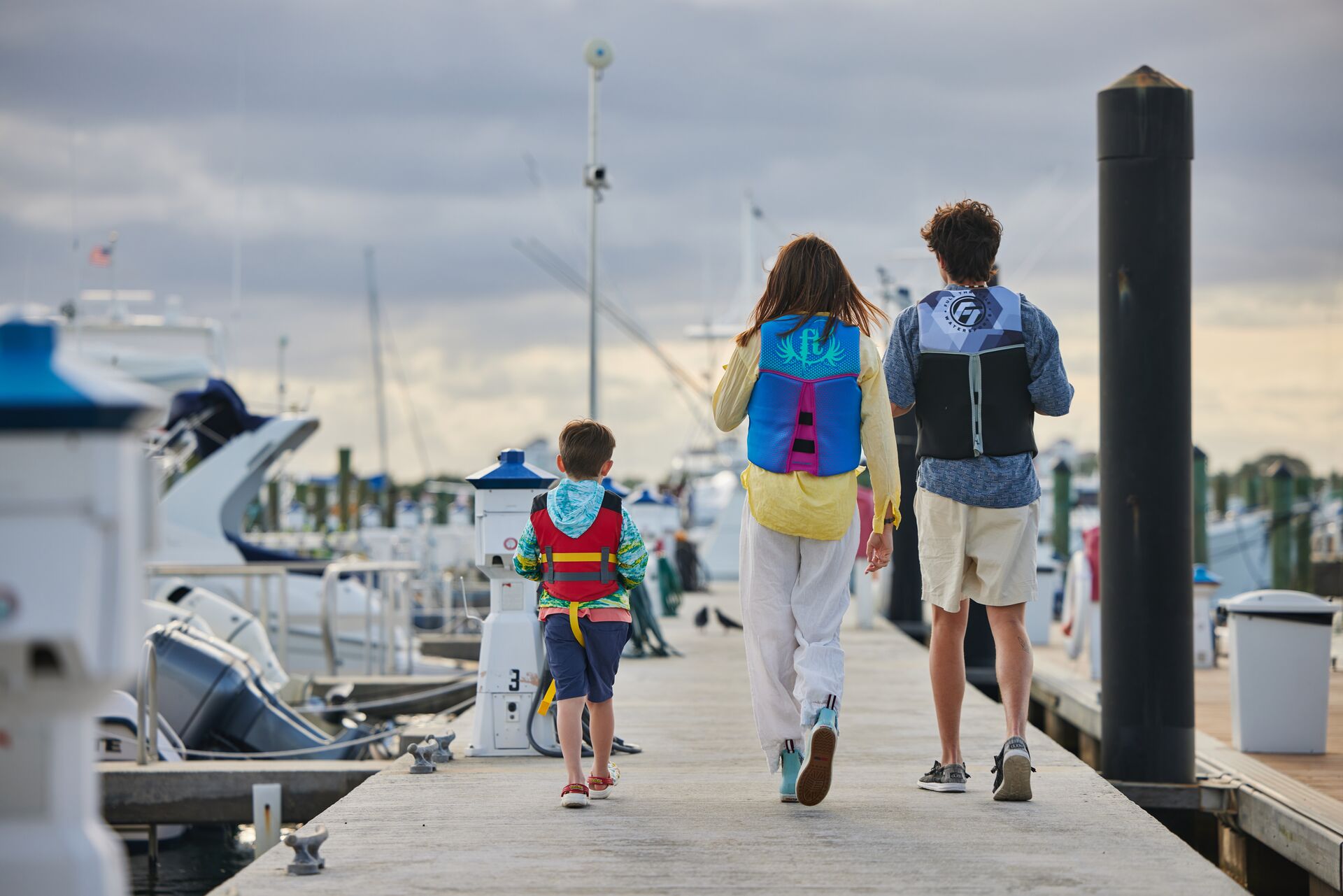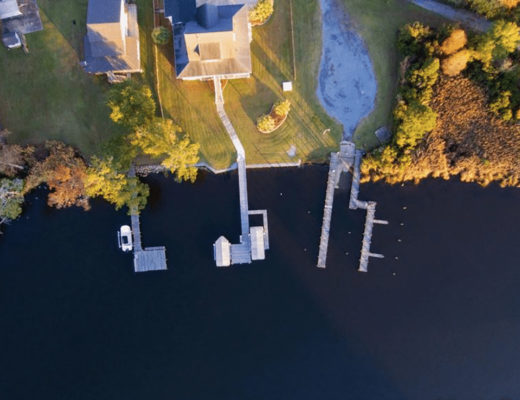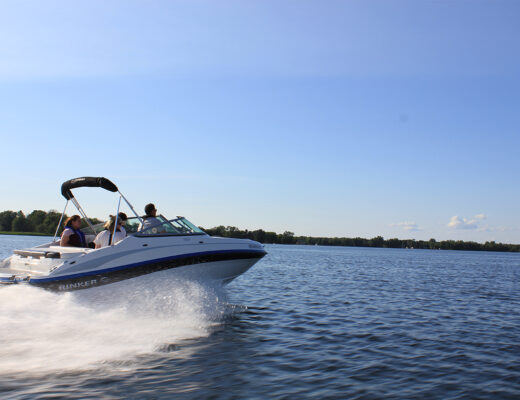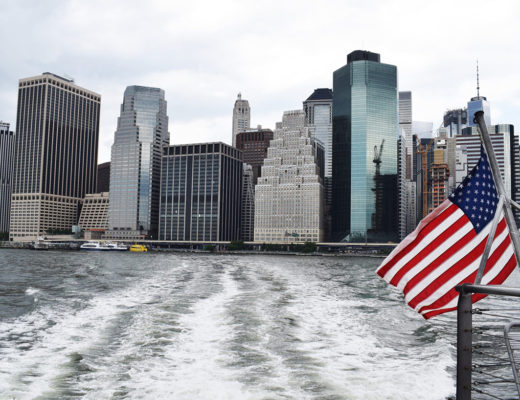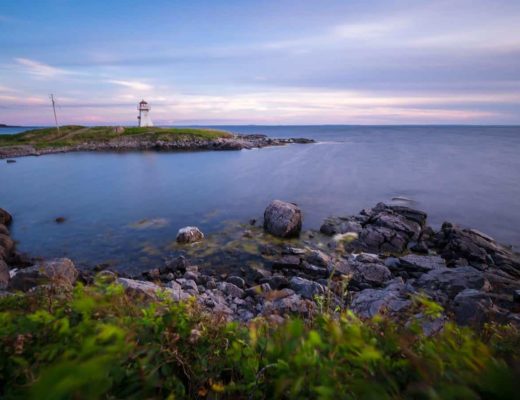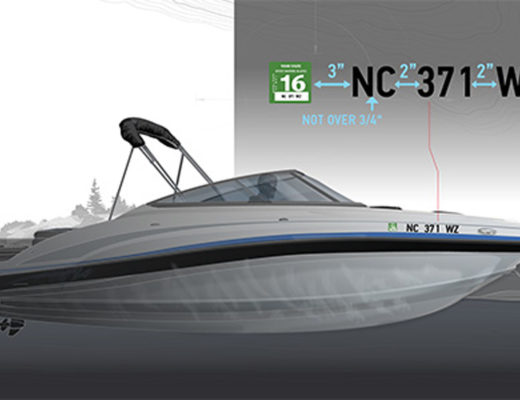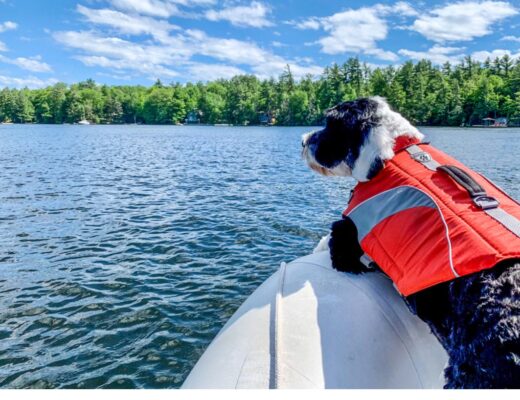Boaters must follow the rules of the water, just like following the rules of the road when driving. That means you’ll need to know and understand local and state regulations before hitting the water to enjoy your boat.
What should you know about New Hampshire boating laws and regulations? Keep reading for our guide to legal boating in this state!
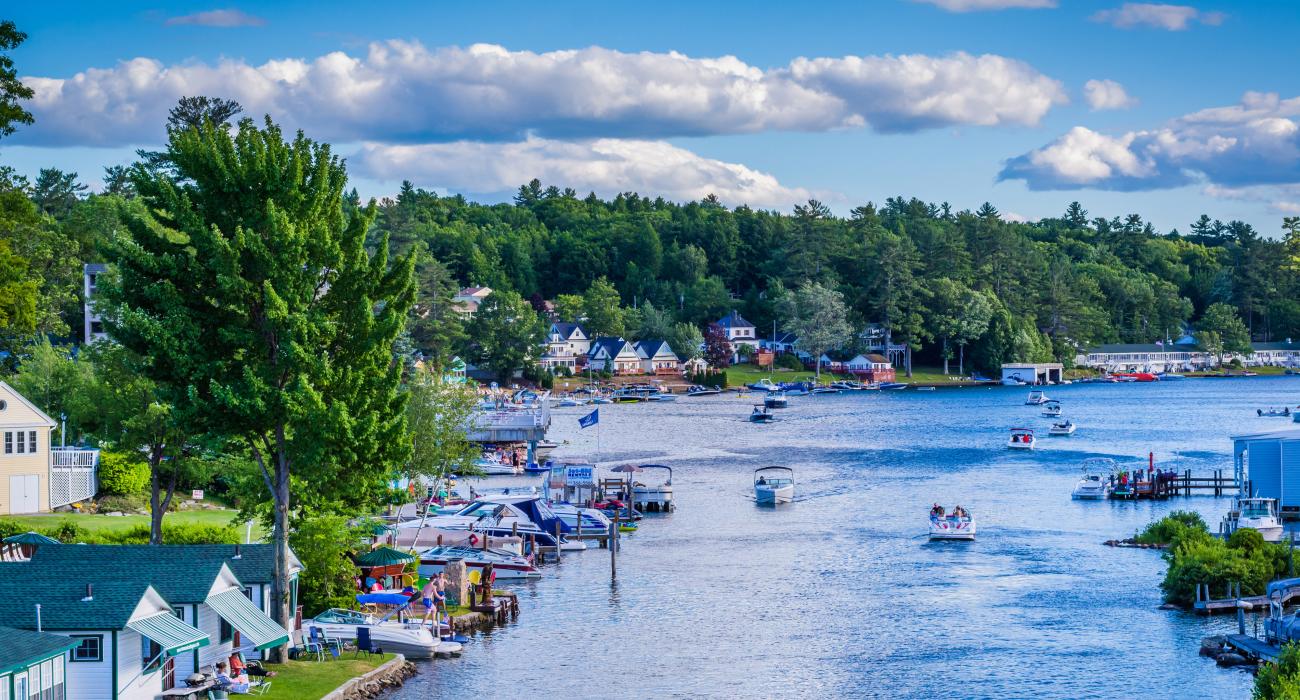
Who Needs a New Hampshire Boater Education Card?
Boater education is an important part of boating safely. After completing a boater education course, boaters receive a boating education card (or certificate) showing they understand how to stay safe on the water.
In New Hampshire, anyone under 16 years old can legally operate a vessel powered by a motor of more than 25 horsepower (hp) only if they are accompanied by a person 18 years or older with a valid Safe Boating Certificate (or boater education card).
Additionally, anyone 16 years old or older may operate a vessel powered by a motor of more than 25 horsepower or a personal watercraft (PWC) if they possess a valid boater education card.
New Hampshire’s Life Jacket Requirements
Wearing a life jacket on a boat or PWC can save your life — and New Hampshire agrees. The state requires the following regarding life jackets or personal flotation devices (PFDs):
- All watercraft must carry one wearable (Type I, II, III, or V) U.S. Coast Guard (USCG)–approved life jacket for each person on board. When choosing a Type V life jacket, it must be worn to be considered “acceptable.”
- PFDs must be in good and serviceable condition. They must also be readily accessible on the boat.
- Life jackets must be of the right size for the intended wearer. Sizing for life jackets must be based on body weight and chest size based on the manufacturer’s label.
- Additionally, vessels 16 feet or longer (except kayaks and canoes) must have one Type IV USCG–approved throwable device on board. This device must be readily available.
- Children 12 years old and younger must wear a USCG–approved life jacket at all times while underway on a watercraft. However, this does not apply if the vessel is completely enclosed by railings at least three feet high and constructed so that a small child cannot fall through. However, we strongly recommend that children of all ages wear their life jackets at all times while onboard a boat.
- When operating a “ski craft,” you must wear a USCG–approved PFD.
- Anyone towed behind a vessel must wear a USCG–approved PFD.
- When using a stand-up paddleboard, you must have a Type I, II, or III life jacket on board.
Lastly, New Hampshire boating laws require anyone under the age of 13 to wear a life jacket.
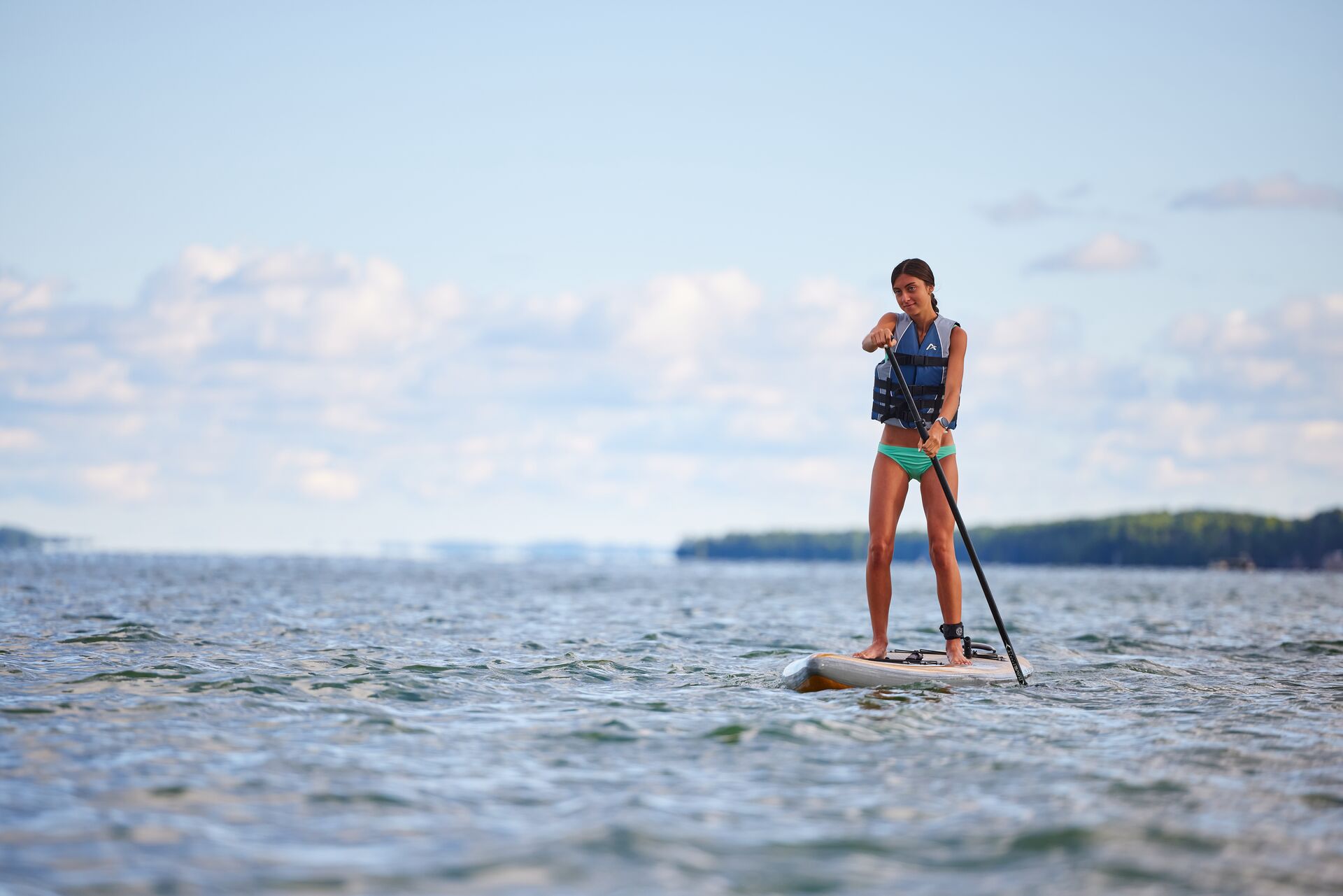
What Are the Types of Life Jackets?
We mentioned the types of life jackets New Hampshire requires for different boating activities, but what do they mean? Here’s a quick overview:
- TYPE I: Also known as an Off-Shore Life Jacket, with 22 lbs. of buoyancy, this PFD is best for open, remote, or rough water when rescue may be slow in coming.
- TYPE II: Also known as a Near-Shore Buoyant Vest, with 15.5 ibs. buoyancy, this PFD is good for calm, inland water or where there is a good chance of a quick rescue.
- TYPE III: Know that as a Floatation Aid, this life jacket is also good for calm, inland water or where there is a good chance of fast rescue.
- TYPE IV: These are throwable devices and are ideal in calm, inland waters with heavy boat traffic, where help is always nearby.
- TYPE V: Hybrid Devices inflated upon hitting the water or activation. These PFDs must be worn to be counted as regulation PFDs.
Reporting Boating Accidents in New Hampshire
If you are operating a vessel involved in an accident, you must submit a written accident report to the Division of Safety Services within 15 days of the accident. New Hampshire requires this report when anyone is injured or killed or if damage to property exceeds $2,000.
However, if you are physically or mentally incapable of making the accident report, the boat’s owner must prepare the report.
When filing your report, keep the following penalties in mind:
- Class A Misdemeanor: Failure to file the accident report or to comply with the requirements that apply when an accident causes property damage.
- Class B Felony: Giving false information about an accident or failing to comply with the requirements that apply when an accident causes a death or personal injury.
For more information about safe boating in New Hampshire, contact the DMV at (877) 770-1778 or [email protected].
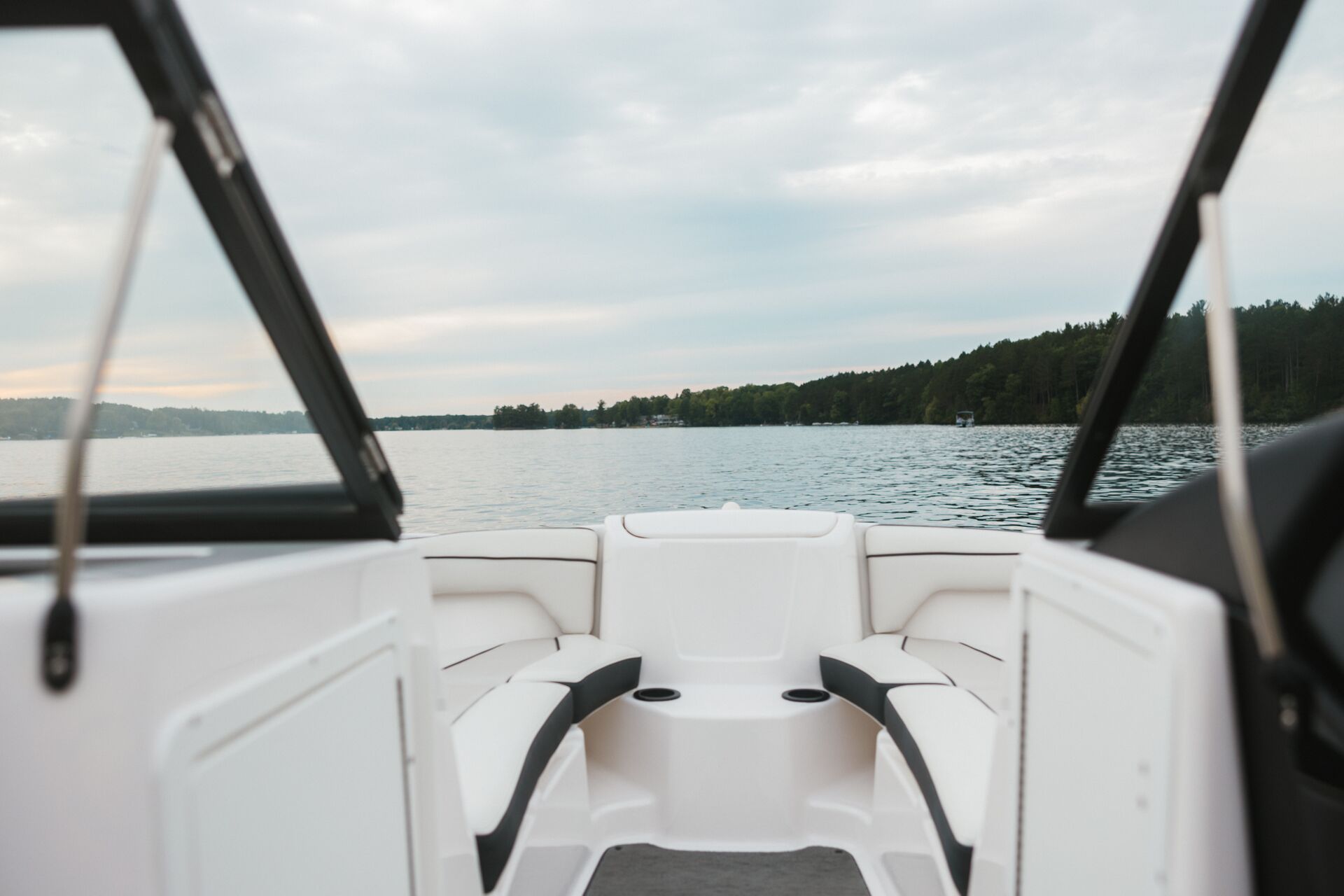
Enjoy the Water and Follow New Hampshire Boating Regulations
The best way to have fun on the water is to follow the rules and prioritize safety. We hope this guide has been helpful in understanding New Hampshire boating laws and regulations before you head out on your next water adventure!
To learn more about boating and water safety, take an online boating education course through BOATsmart! Our courses are a fun way to learn about the safety essentials that help keep you and others safe when boating, enjoying a PWC, or paddling.
First published in May 2017. Content most recently reviewed and updated for accuracy and relevancy September 18, 2024.
